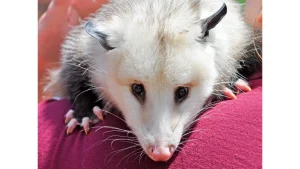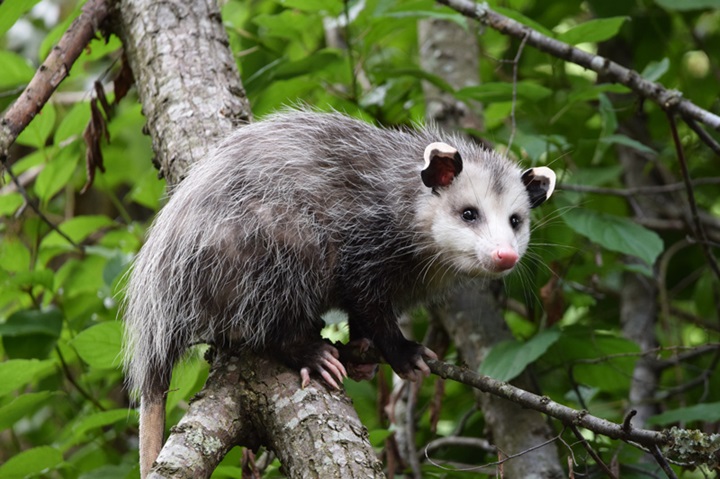Possums, often misunderstood creatures, have long been associated with carrying diseases. But how much of this perception is rooted in fact, and how much is mere speculation? In this comprehensive guide, we delve deep into the world of possums to uncover the truth behind the question: do possums carry diseases?
Understanding Possums: Nature’s Clean-Up Crew
Possums, scientifically known as Didelphimorphia, are marsupials native to the Americas. With their distinctive pointy snouts and long prehensile tails, possums are often mistaken for rodents, but they are not.
Possums in the Ecosystem
- Possums play a vital role in the ecosystem as scavengers and omnivores.
- Their diet consists mainly of insects, rodents, carrion, fruits, and vegetables, helping to control pest populations and aiding in seed dispersal.
- Their nocturnal habits and adept climbing skills make them efficient hunters and foragers, contributing to the balance of their habitats.
Common Diseases Associated with Possums

While possums are integral to the ecosystem, there are misconceptions surrounding their potential to transmit diseases. Let’s explore some of the commonly cited diseases and their actual risks:
- Leptospirosis
- Leptospirosis is often mentioned concerning possums, but transmission from possums to humans is rare.
- The bacteria responsible for leptospirosis typically thrive in water contaminated with urine from infected animals.
- While possums can carry the bacteria, they are not primary carriers, and human infection usually occurs through contact with contaminated water sources.
- Tuberculosis
- Tuberculosis (TB) is a bacterial infection that primarily affects the lungs.
- Possums can contract TB from other infected animals, but the risk of transmission to humans is extremely low.
- Proper cooking of meat and avoidance of consuming undercooked or raw meat greatly reduce the risk of TB transmission.
- Salmonella
- Salmonella is a type of bacteria commonly associated with food poisoning.
- While possums can carry salmonella in their feces, direct transmission to humans is rare.
- Practicing good hygiene, such as washing hands thoroughly after handling possums or their feces, significantly mitigates the risk of salmonella infection.
Tips for Coexisting with Possums
Despite the minimal risk of disease transmission, it’s essential to take precautions when encountering possums to ensure harmonious coexistence:
- Avoid direct contact with possums, especially if they appear sick or injured.
- Secure garbage bins and compost piles to prevent possums from scavenging in residential areas.
- Seal off entry points to attics, crawl spaces, and sheds to deter possums from seeking shelter indoors.
- Maintain a clean environment to minimize attractants for possums and other wildlife.
- Consult with local wildlife authorities for guidance on humane deterrent methods if possums become a nuisance.
In conclusion, while possums may carry certain diseases, the actual risk of transmission to humans is relatively low when compared to other wildlife species. Understanding the role possums play in the ecosystem and taking simple precautions can help mitigate any potential risks associated with their presence. By fostering coexistence and dispelling myths, we can appreciate these remarkable creatures for their contributions to nature without undue fear. So, the next time you encounter a possum, remember: respect their space, and they’ll respect yours.


